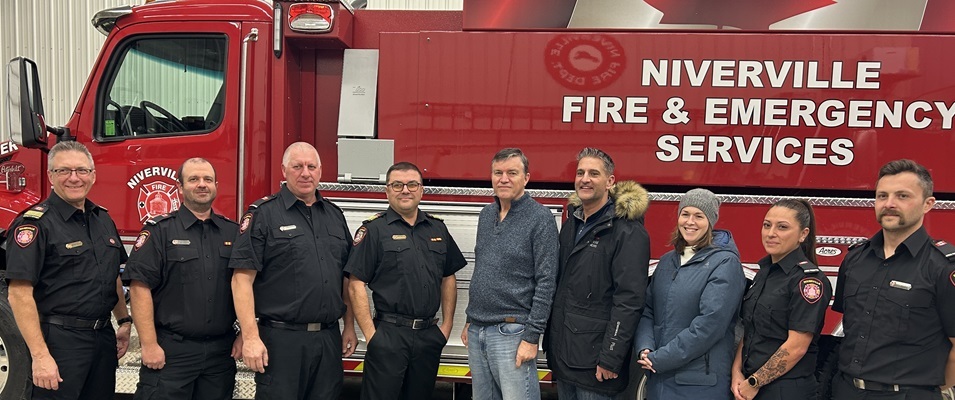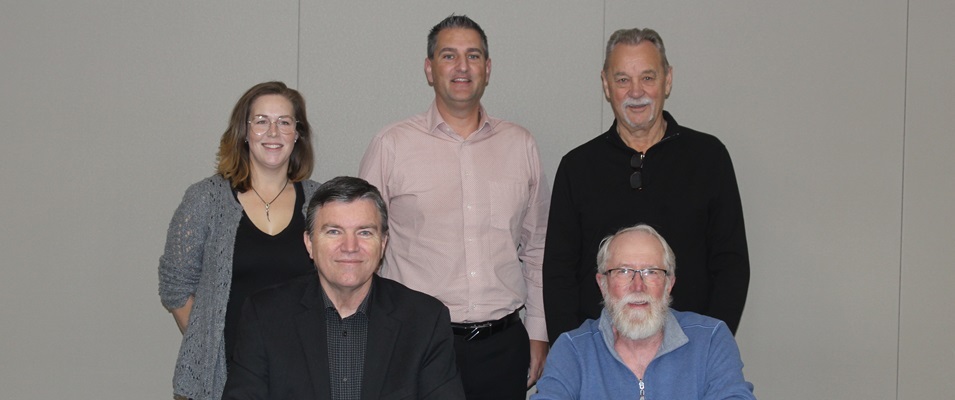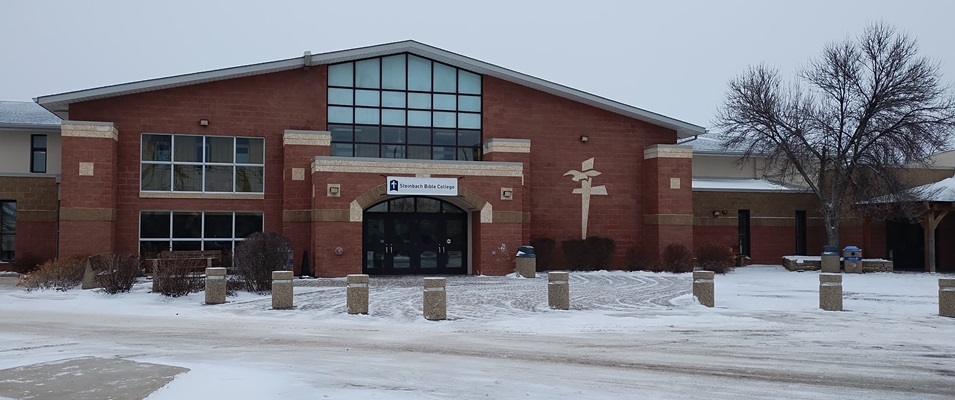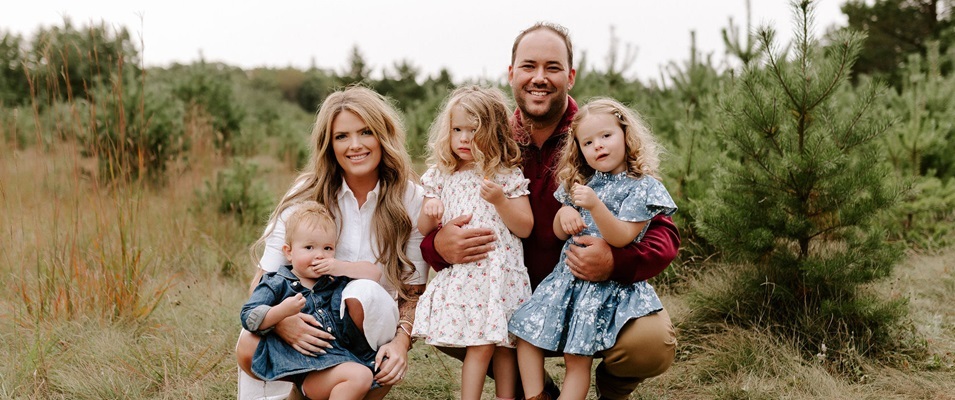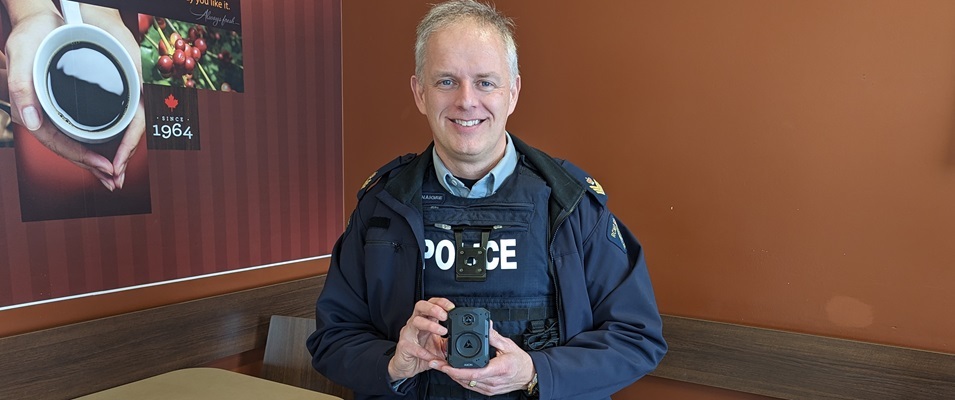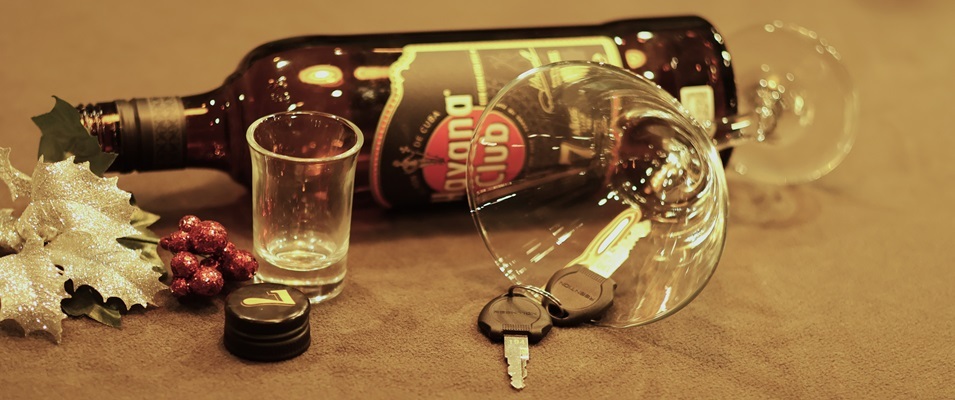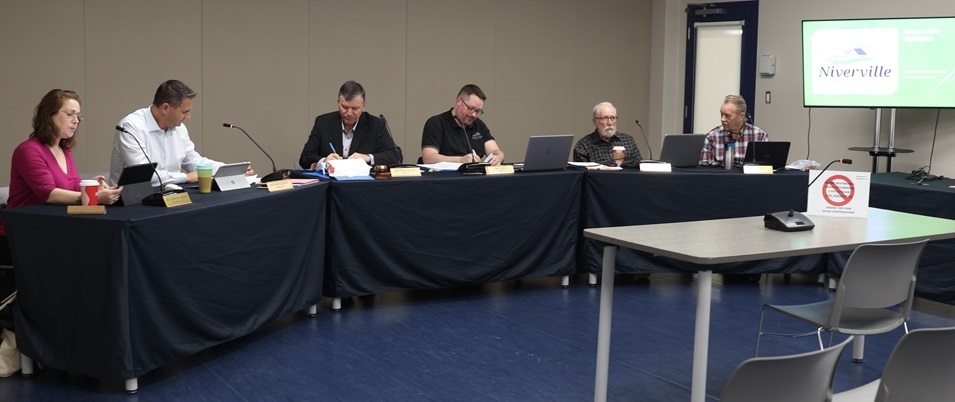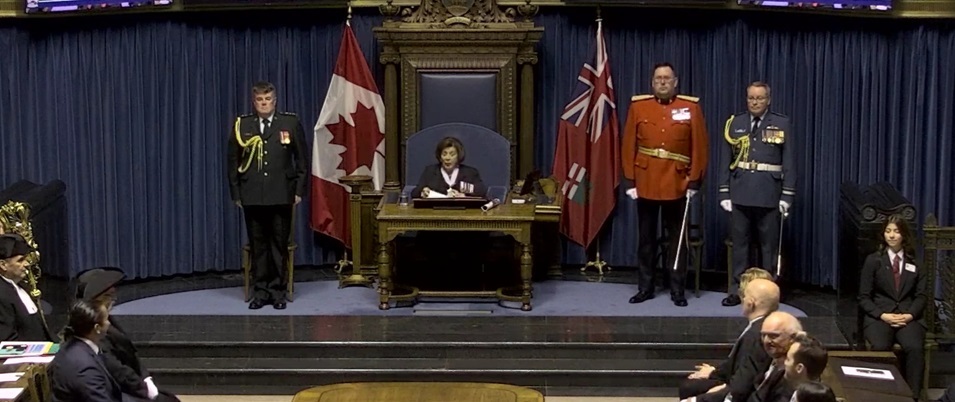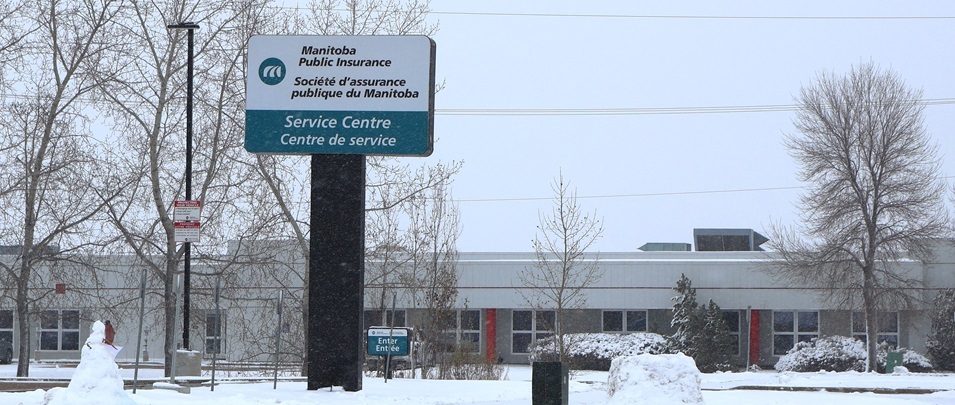
Just weeks following election day, Manitoba’s newest government went right to work, with one of its top priorities being a complete overhaul of the Manitoba Public Insurance (MPI) board.
According to Matt Wiebe, the minister responsible for MPI, the government wants to see greater financial accountability and a resumption of services, which have been disrupted since the late summer when workers for the Crown corporation went on strike.
On October 20, nine new members were appointed to the MPI board by the NDP government. Overseeing the board is Carmen Nedohin, former chairperson of the Manitoba Liquor Control Commission and a former Manitoba Hydro board member.
After days of back-and-forth negotiations in late October, Nedohin and the new board may have finally landed on a deal to get workers off the picket line. The deal will now to be sent to the corporation’s 1,700 striking employees.
On November 1, MGEU president Kyle Ross released a statement expressing some confidence in the proposal. He’s hopeful that MPI workers will vote in favour of the agreement.
“We are pleased that our bargaining committee and MPI were able to reach an agreement that will help all members catch up and keep up with the rising cost of living,” Ross said. “This is an agreement we are proud to recommend to our members.”
The deal includes a 13 percent wage increase to be applied over four years’ time, as well as an $1,800 signing bonus for full-time employees with prorated bonuses for part-timers.
Finally, workers will be compensated for three weeks of lost pay during the strike period since bargaining talks were inhibited by the changeover to a new government.
Results of today’s union member vote will be released this evening.
Local Autobody Owner Weighs In
Ferd Klassen is the owner of Niverville Autobody and vice president of the Manitoba Automotive Trades Association. He says that between the MPI strike and the United Auto Workers strike south of the border, the situation is starting to feel reminiscent of the pandemic years.
During COVID, supply chain issues caused major backlogs in the shipment of automotive parts. This resulted in major delays in getting vehicles repaired. In the year following COVID, Klassen says that accident claim counts went up exponentially across both Canada and the U.S., making it hard to keep up with demand.
In addition to that, the automotive market has been seeing notable fluctuations in used vehicle values. This makes it difficult to set a black book value on a specific make and model of vehicle.
“The market is so unstable right now,” says Klassen. “When [MPI staff] get a vehicle where they think the car is worth $10,000, they do the research in the marketplace and find out that people are selling them for $12,000 or $13,000. It then requires somebody to go into the back end and adjust some numbers to make this vehicle either repairable or a total loss.”
All in all, he says, MPI staff have been stretched pretty thin in recent years.
“There’s just such a big requirement of these people,” Klassen says. “Everybody can only handle x amount of stuff in a day.”
According to Klassen, MPI did take some proactive measures during the COVID years by establishing a preapproval limit for repairs. This allows certified repair shops, like Klassen’s, to proceed with smaller repairs without involving MPI.
“When the strike started, they increased [the preapproved limit] by a couple of thousand dollars,” says Klassen. “The problem is, when you’re a dollar over that limit, you’re waiting for approvals. And when you submit for payment, there’s some delays in processing payments.”
During the two months that MPI workers have been on strike, Klassen estimates that about 75 percent of his customer’s claims were falling within the preapproval limit. He expects that will change, though, now that winter weather is upon us.
Klassen says that typical MPI approval wait times in recent weeks have been between four and 14 days. For the sake of comparison, that wait time was more like 48 hours prior to the strike.
“Customers are waiting for answers to settle total losses so [they can find out] what they are going to get paid for their car if it’s a total loss,” Klassen says.
Add to that the lack of parts availability due to the United Auto Workers strike, and parts that once took three days to arrive are taking more like 30 days now.
Another huge problem with MPI workers on the picket lines is that there’s almost no one determining who’s at fault in the case of accidents involving more than one driver.
Despite all the hardships, though, Klassen says that the remaining MPI staff who haven’t walked off the job are working hard to fill the gaps, shuffling staff to where they are most needed.
Until this is all over, though, he says it is highly advisable for all registered vehicle owners to make sure they’ve got loss-of-use insurance to cover the cost of a rental vehicle in case of an accident.
As well, he hopes drivers will exercise patience when dealing with their repair shops who are simply caught in the middle of all the madness.
“The repair industry in Manitoba has been working extremely hard post-COVID to make sure that vehicles are getting repaired as they try and solve these issues,” says Klassen. “My team here has had to veer left and bounce right just to make things happen for our customers.”





